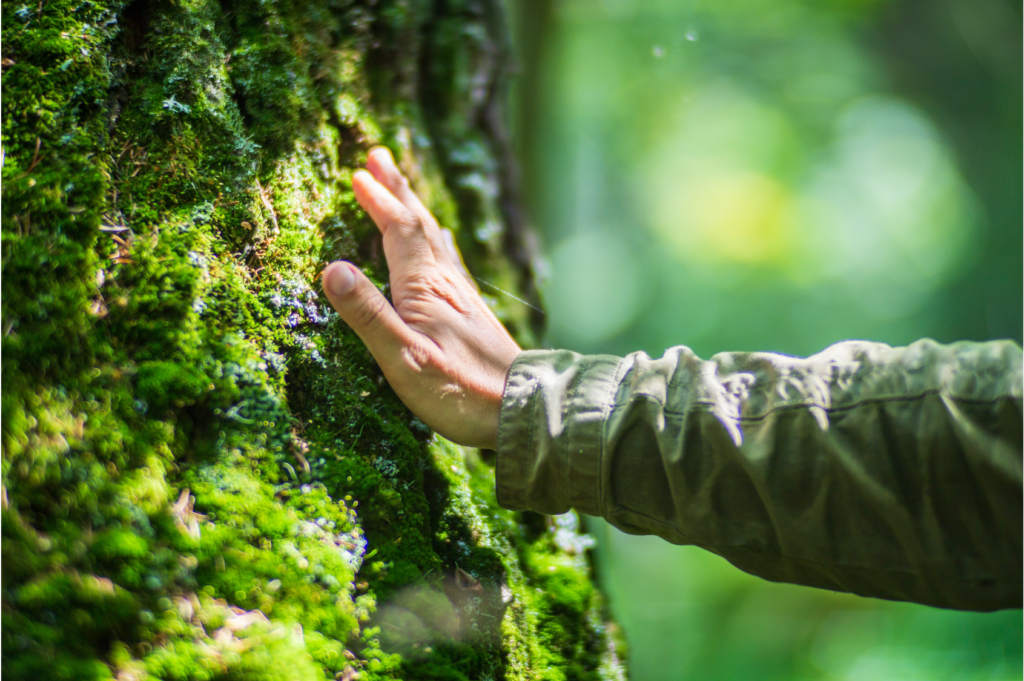By Michael Shook
When I hear the word “replace,” I usually think of it in the sense of something or someone being gotten rid of. As in, “Let’s replace that old vacuum cleaner,” or “Bill, we’re sorry, but we’re going to replace you with a robot.” But the first definition in my dictionary is, “To restore to a former place or position.” It’s possible, then, that having been displaced, one can be replaced – placed again. And even better, restored.
I have, in my career as a carpenter, restored many old homes. When finished, they were the same houses, but better, restored to former glory, with modern updates. There’s a pleasant symmetry to that, and obviously a more palatable end than being left on the junk heap or tossed aside for a machine.
The older residents, the Swiftwater First People, were, of course, displaced violently and suddenly, with devastating consequences for both themselves and their descendants. But they hung on, humans being wonderfully adept at survival. And now, they, along with tribes across the continent, are resurgent. Emphasizing their traditions, cherishing and transmitting their cultures, and (perhaps most crucial after culture) educating their people in the ways of capitalism. They are on a roll.
The First People are using their relatively new political and economic power to proactively replace themselves, restoring themselves to a former position – regaining their pride and self-respect, making themselves a flourishing people again, albeit different from what they were. They drive autos, fish from fossil-fueled power boats, manage casinos, sell tobacco tax-free, run a brisk trade in illegal fireworks (would they did not!), and with the proceeds from these and other endeavors, help their people restore themselves personally, while funding schools for their kids to learn environmental science derived from the Western Enlightenment in concert with their traditional ways of knowledge.
I like the term “First People” because I think it speaks more clearly to who the Indians were, and are – they were the first humans (that we know of) to live here. Indigenous is often used, but factually, I am as indigenous as anyone, “having originated in, living, or occurring naturally in a particular region…” I originated in this region, and as far as I know, it was a natural occurrence, since my parents … well, you know.
I also like “First People” because it implicitly acknowledges that others will follow. If there is a First, then a door is open for a Second, and a Third, and so on. Most of us fit in one of those categories, though perhaps Sixth, Seventh, or Eighth, etc.
Wherever I am in that, I am, however, still stuck with figuring out how to replace myself, since I have such a strong feeling of being displaced (granted, not pervasively, not all the time, but it is there). Perhaps a way forward is to strive instead for reintegration, that is, “To integrate again into an entity: restore to unity.” (There’s that restoration again.)
Unity. That much has not changed. The feel of the countryside; the smell of dirt; the texture of furrowed bark on a Douglas fir; the smoothness of young madrona bark; the taste of huckleberries and salal fruit; the smell after the first rain of fall; the cold, viscous sense of the Sound that contrasts with the leaping glacial cold of the White and Carbon rivers; and the soothing, friendly coolness of the Green River. All of this and more, I am still with, unified, it is still with me, in me, as I breathe out and breathe in the oxygen from the forests.
Yes, I barely recognize the countryside I once knew. But, if I see clearly at all, I also barely recognize myself. Or rather, the myriad old selves that lie in my past, that were and are known to me, and are still a vital part of me, that appear as ancestors – some sober, others antic, most of them taking themselves far too seriously. People who helped me along the way, who were indispensable to my being who I am now, but who are now like old portraits, sepia-toned, folded, faded, or torn, endearing and enduring, but (thankfully) no longer so actively a part of my life.
And yes, favorite haunts have disappeared, and all around, both immigrants and current residents carve out new housing developments from farmland and forest, expanding towns and cities, shops and schools. Barring the big earthquake, the Puget Sound basin is only going to get more crowded, and the existing infrastructure will only grow more expansive (and expensive). To the north, pressure for development is exerted ever more powerfully on Snohomish farmland, and to the south and west, the same on Thurston and Kitsap counties’ rurality, respectively. To the east, Wenatchee, Cle Elum, Yakima, Ellensburg, and beyond, clear to the Tri-Cities, the growth is unabated.
We humans are just going to keep inundating the land. And yes, again, I lament this along with others. But, mother of all paradox, nearly every friend I have made in the last 45 or 50 years has been someone who is “new” to the state, including the women I’ve married. Quite simply, my life would be awfully, sadly diminished if any of these people had not been, and were not now, a part of it. (The buildings, the roadways … not so much.)
What’s done is done. My lamentation, my sorrow over what was and will not be again is real, and deeply felt. But I am still here, re-placed, re-integrated, more lively than I’ve ever been, more grateful than I thought possible for this gift of life, however and whatever direction it goes. We’ll all be displaced and replaced someday, because we all die. And that … is as it should be …? I am not the one to say. Better perhaps to say that is how it is. And that is more than enough. Shalom.

